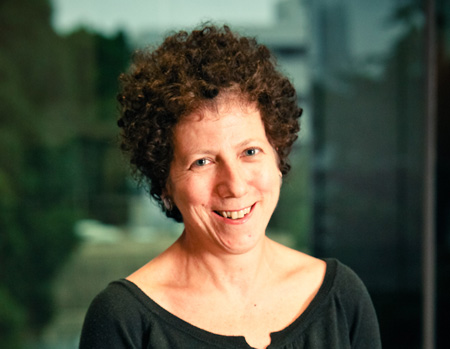
On 11 March 2004, the then Premier of NSW, Bob Carr, formally apologised
to Aboriginal people who had their wages and other entitlements stolen between
1900 and 1969. The NSW Premier also promised to develop a scheme to identify
and reimburse those who are owed money.
PIAC’s then director, Andrea Durbach, welcomed the Premier’s
announcement. The restoration of wages and other entitlements stolen from
Aboriginal people in NSW was an outcome PIAC had sought for some time.
Documents unearthed by PIAC, using freedom of information
laws, revealed the NSW Government had planned in 2001 to return $69 million to
as many as 11,500 Aboriginal people. However, the plans met resistance within
Treasury and the cabinet. PIAC worked intensively for the stolen wages to be
returned.
‘The announcement by the Premier to develop and hopefully implement the
payback scheme finally indicates a commitment by the NSW Government to pay
outstanding debts,’ Ms Durbach said.
Associate Professor Andrea Durbach was PIAC’s
assistant director from 1991 to 1997 and PIAC director from 1997 to 2004. Andrea established the NSW Public
Interest Law Clearing House in 1992 and helped develop several PIAC and PILCH
projects, including the Homeless Persons’ Legal Service and the National Pro
Bono Resource Centre.
Andrea was born and educated in South Africa. Before joining PIAC, she
represented victims and opponents of apartheid laws. In 1988 she was appointed
solicitor to 25 black defendants in a notorious death penalty case in South
Africa and later published an account of her experiences in Upington (Allen & Unwin,
1999).
Under Andrea’s watch, PIAC
proposed a Stolen Generations
Reparations Tribunal to provide compensation and other reparations to those
affected by the removal of Aboriginal children. In November 2000, a Senate
Inquiry recommended the establishment of a Reparations Tribunal using the PIAC
model as a template.
Together with the Aboriginal
and Torres Strait Islander Commission, PIAC subsequently launched a report on
achieving justice for Stolen Generations. The report is called Restoring
Identity: Final Report of the Moving Forward Consultation.
Other significant activities
during Andrea’s time at PIAC include the launch of a class action on
behalf of HomeFund borrowers, the
conclusion of the Australian Iron & Steel case, and the Scarlett Finney disability discrimination case.
HomeFund was a NSW Government-sponsored loans
scheme that gave fixed interest loans to 57,000 low-income borrowers. When the
economy slowed and interest rates dropped, HomeFund borrowers found they had
high fixed interest loans with a debt exceeding the value of their loans. From
1994, PIAC acted in two representative actions for the borrowers, alleging the scheme breached the Trade Practices
Act 1974 and the NSW Fair Trading
Act 1987. By November 2000, PIAC’s
HomeFund case was inching towards settlement, with the NSW State Government
agreeing to wipe borrowers’ debt of $75 million, despite lack of legal
liability.
The Australian Iron & Steel case, which finally settled in February 1994, was one
of the largest and longest-running sex discrimination claims in Australian
legal history. The settlement brought to an end 14 years of public campaigning
and litigation by over 700 women, represented by PIAC with considerable
assistance from Legal Aid NSW.
Scarlett Finney‘s battle with the Hills Grammar School was the first
real test of the federal Disability Discrimination Act in relation to school education. The campaign put all
schools on notice about their obligations towards students with disability.
Associate Professor Durbach is now director of
the Australian Human Rights Centre, Faculty of Law, the University of New South
Wales.
Return to People power: commitment, energy and dedication
Return to Celebrating 30 years of public interest advocacy